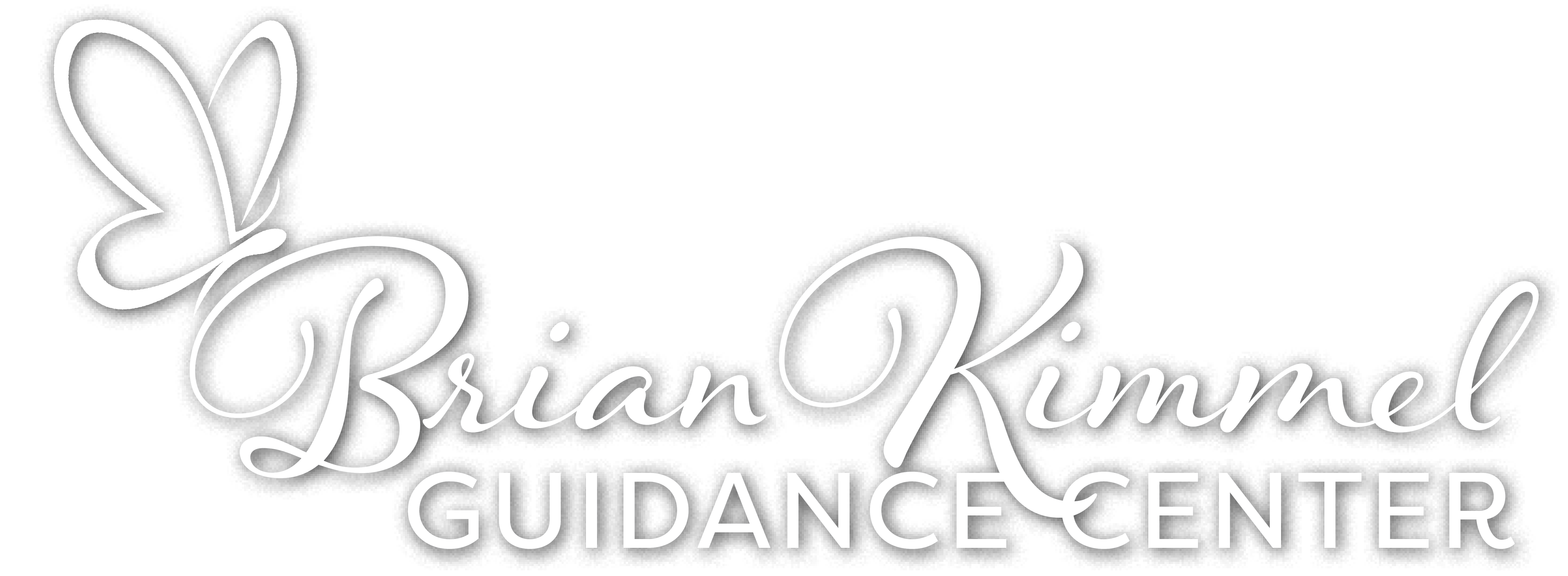Lectures • Workshops • Performances

"Decompression Session"
Experiential Practices for Counseling Students and New Professionals
Hosted by WACES with Brian Kimmel Guidance Center
10:30-11:30 am Pacific/11:30 am-12:30 pm Mountain/12:30 - 1:30 pm Central/2:30 - 3:30 pm Eastern
Via Zoom (Registration required)
Free
Description
In this virtual session, open to counseling students and new professionals, we will take time to focus on ourselves and co-create spaces of neuro-informed care. Attendees will get to engage in both didactic and experiential practices that support present-moment awareness in our bodies and minds, and strategies to practice this in our daily lives.
The assumption is that stress is bad. No stress is good. Therefore, we need to eliminate stress or de-stress to restore harmony and balance in ourselves and our world. The reality is that our nervous system experiences what it does because it has been habituated to respond to internal and external forces in a specific way. Becoming aware of these responses can help us to better cope with the reality in which we are living and the strategies that help us to heal.
Our nervous system, the mechanics of our body, mind, and communities, respond to external stimuli including what we hear, smell, taste, touch, see, feel, etc. Every day our nervous systems communicate something about ourselves and the world we live in. If we choose to give attention to and strengthen the skill of attending to our bodies and minds, we can restore access to resilience and the energy needed to heal.
Learning Objectives
- Learn about yourself and your nervous system’s stress responses through experiential practices, debriefing, and in-class dialogue.
- Access the wisdom of your body and mind, the skills and intelligences that help you practice neuro-informed care by coming back to ourselves and developing skills of internal and external attention.
- Design a start to everyday strategies for present-moment awareness and nervous system regulation you can take with you from our time together.
What This Time Together Includes
- Welcome, Introduction to Our Time (5min), Ground Rules, Safe-Keeping, Video On or Off
- Confidential (1min)
- A light introduction to learning styles and neuro-informed approaches (5 min.) An introduction to the language that will be used during the facilitation. This might include Nervous System Regulation and the function of the body and mind. Use of the space includes art-making, creativity, fidgeting, pulsing, shaking, movements, and stillness. Slow or Quick. What is familiar or new. When to set the practice down. Picking up and setting down influence.
- Internal Attention (20 min.): Facilitated experiential including finding a posture, creating a space with the Five Postures of Mindfulness, what you are drawn to for yourself in the moment: Standing, Sitting, Walking, Lying Down, and Ease through Stillness or Moving, Small movements or large, Voiced or Unvoiced while each person is on mute.
- (Optional) Internal/External Attention (5 min.): Brief Movement Together, Finding a harmonious enough gesture or rhythm that we all can do and share.
- Brief Debrief and Dialogue in group or chat (15 min.), video on or off. one or two words that describe your experience. What was that like for you? notes for yourself and what you might want to share.
- Next steps, Close (5 min.)
Disclosure Statement and Disclaimer
Focusing on ourselves and our stress responses can be liberating, and can also be overwhelming. It might make us feel less powerful, less awake, and triggered in the moment. The way we learn to come back to ourselves, our body and mind, is to titrate, to manage our attention and take our time.
If during this time together, you feel a sense of losing control or an increase in anxiety or tension, choose to step away, turn off your camera, or do something that helps you to be better resourced in the moment.
Though we are meeting in a group together, the emphasis of this time together is on each individual and getting an overview and slight introduction to the theory and practices of neuro-informed care and nervous system responses to stress as they are embodied.
Come and go as you need to. Please consult a provider before attending this event if you think this time together might not be the right event to participate in.
Though there will be many trained professionals in the space, this is not therapy, and is not a process group.
This time together is for educational purposes only. Any therapeutic benefits or detrimental effects are a byproduct of learning. The hosts and facilitators are not to be held liable. However, we will do our best to make this a safe-enough learning environment for all who attend and wish to attend. Please let us know of any accommodations that may be needed. We are limited in our capacities to provide typed closed-captioning and other accessibility resources.
Thank you for your understanding.
Resources
Caldwell, C. (2018). Bodyfulness: Somatic Practices for Presence, Empowerment, and Waking Up In This Life. Shambhala Publications, INC.
Rosen, J. (2023). Unshakeable: Trauma-Informed Mindfulenss for Collective Awakening. Parallax Press.
Scaer, R. (2014). The Body Bears The Burden (3rd ed.). Routledge.
ZOOM REGISTRATION
You are invited to a Zoom meeting.
When: May 31, 2024, 10:30 AM Pacific Time (US and Canada)
Register in advance for this meeting:
https://tinyurl.com/
After registering, you will receive a confirmation email containing information about joining the meeting.
